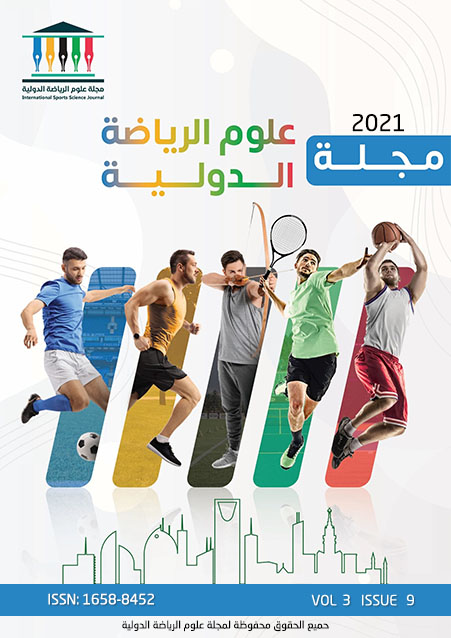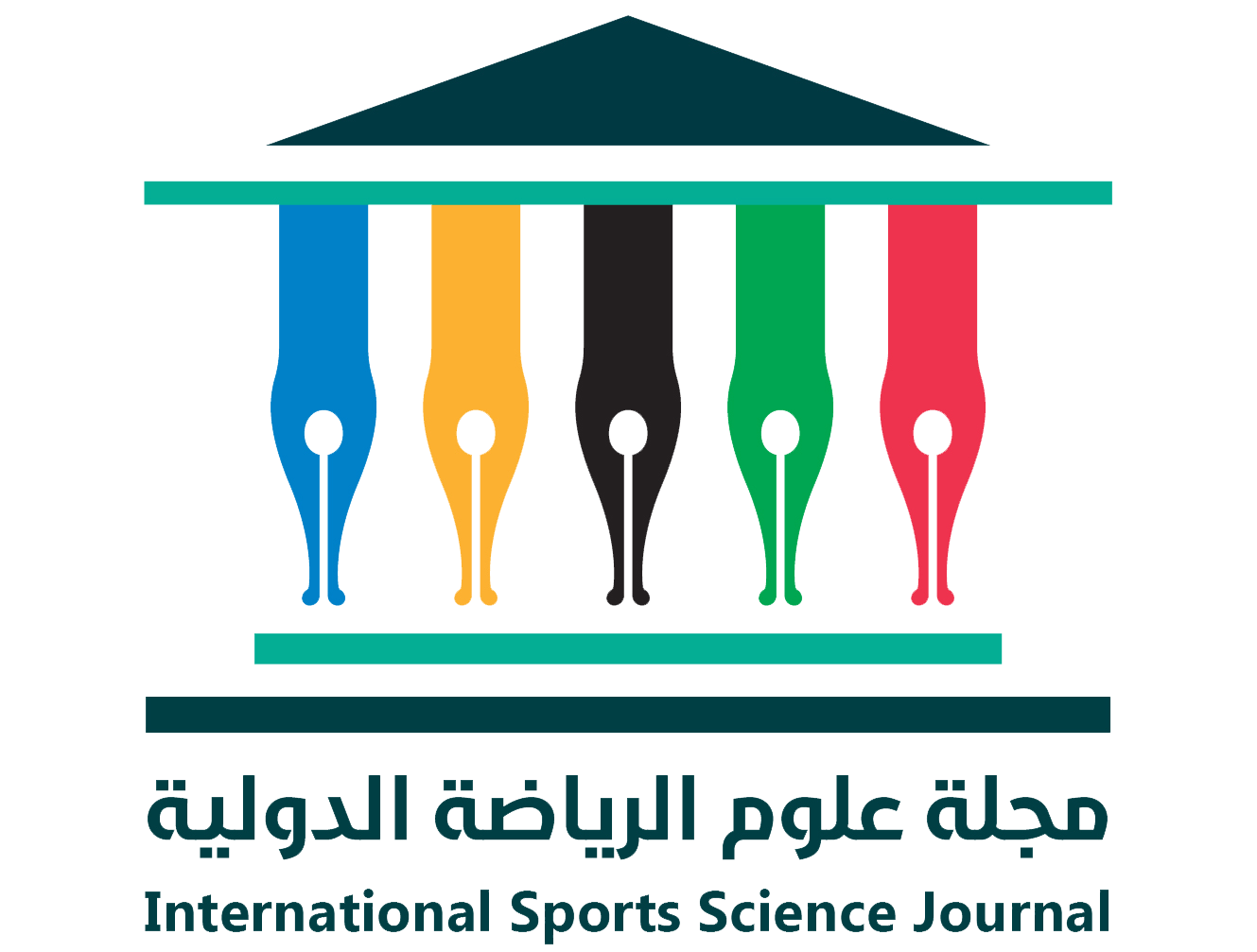The impact of organized motor games on the cognitive readiness and sensory-motor efficiency of children aged 4-5 years.
DOI:
https://doi.org/10.71377/t2jrcr55Keywords:
Motor games, Mental receptivity, Sensory perception, Movement, For childrenAbstract
Although children in the early childhood stage usually have a strong inclination towards physical and motor activities, some of them do not receive the necessary physical and motor activities essential for their health and growth. This is due to the lack of available space for motor play or the parents' lack of awareness of the importance of physical and motor activities for the child's physical, motor, and psychological well-being. Herein lies the research problem. Therefore, it is necessary to develop a curriculum model that encompasses areas and characteristics for the child, allowing them to grow mentally, physically, and in balance with motor development, and to develop the child's perception and senses correctly. Hence, the aim of the research was to prepare a curriculum for organized motor games for children aged 4-5 years and to identifyThe impact of this curriculum on the mental agility and sensory-motor cognitive efficiency of the research sample children, the researcher hypothesized that there are statistically significant differences between the pre-test and post-test results for the mental agility and sensory-motor cognitive efficiency of the children under study. The research sample was selected from Al-Ghafran Kindergarten, consisting of 15 male children only. The researcher concluded from the results obtained that there is an improvement in the level of mental agility of the research sample children due to the application of organized motor games prepared by the researcher.
Downloads
Downloads
Published
Issue
Section
License
Copyright (c) 2025 International Sports Science Journal

This work is licensed under a Creative Commons Attribution-NonCommercial-ShareAlike 4.0 International License.










